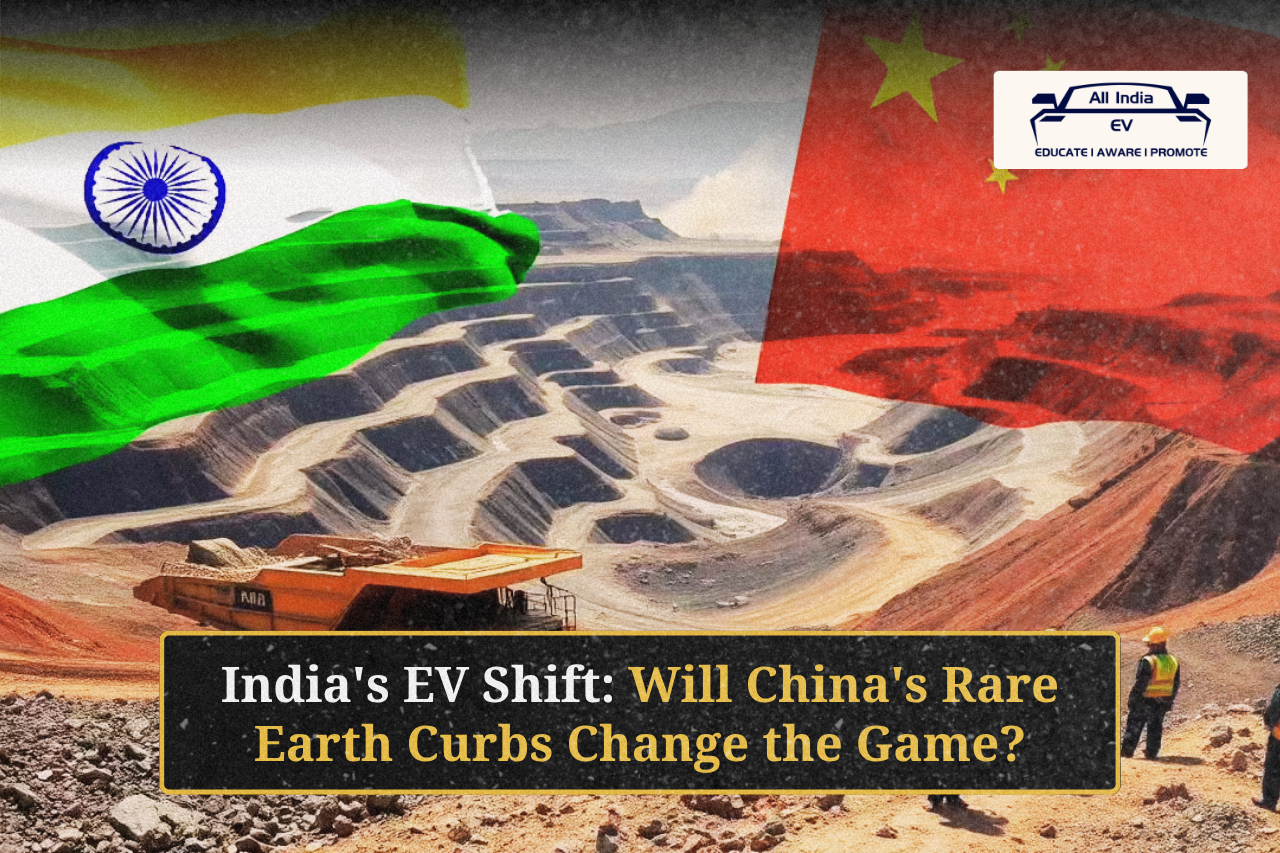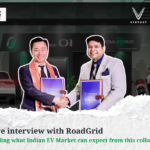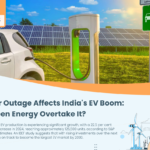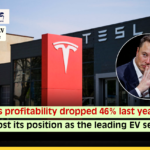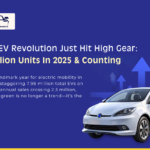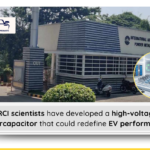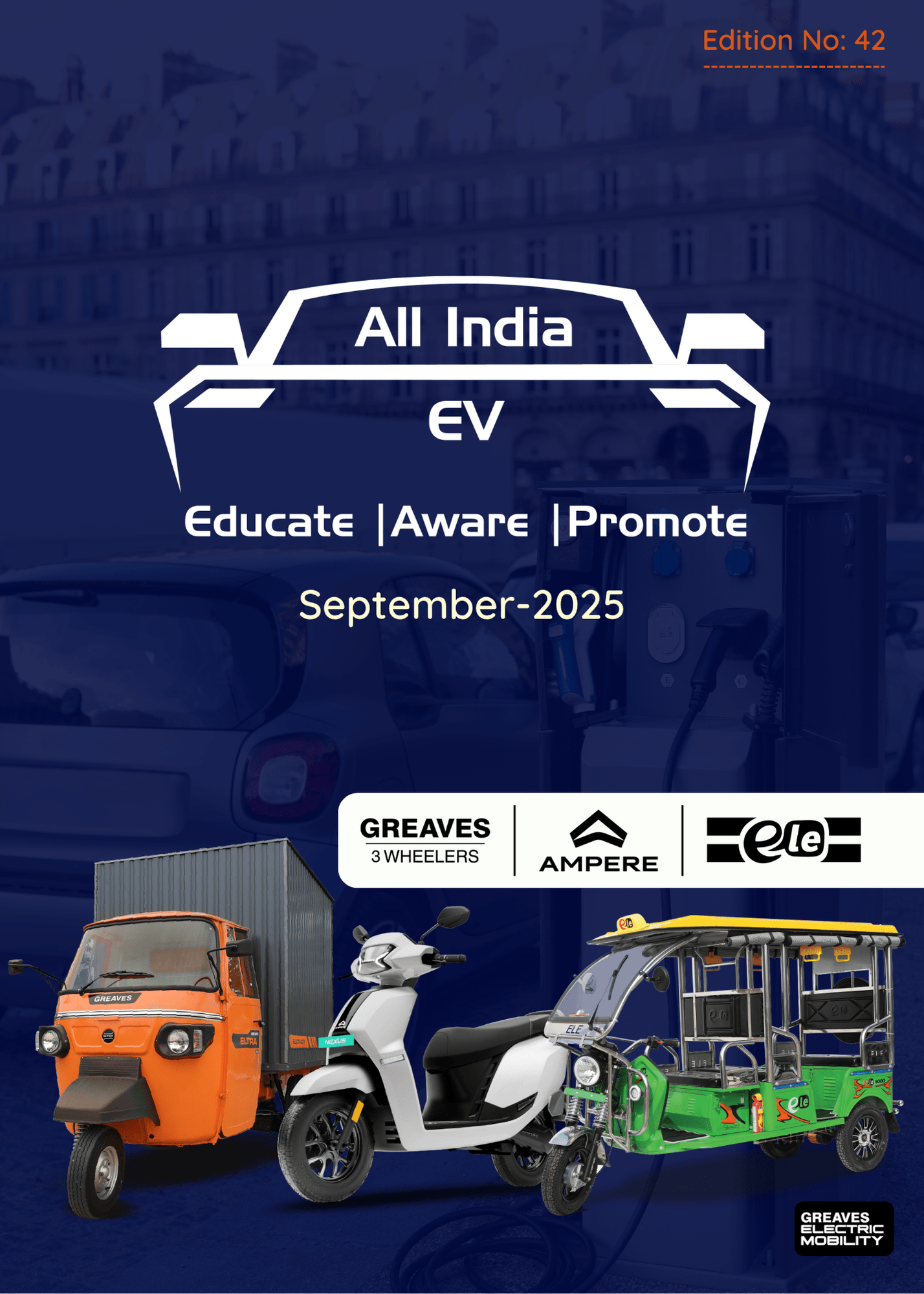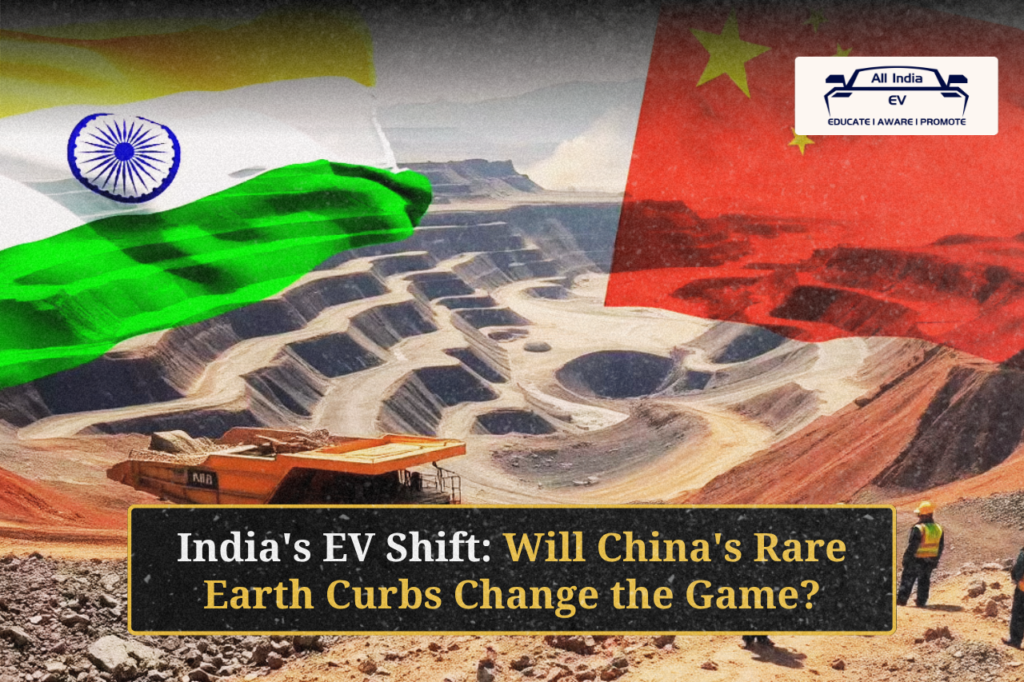
India may relax EV localisation rules as China’s rare earth export curbs disrupt supply chains, aiming to boost domestic manufacturing.
India may soon ease its 50% localisation mandate for electric vehicle (EV) components, as a global supply chain shock triggered by China’s rare earth export restrictions disrupts access to critical raw materials used in EV motors. The potential move is being considered to ensure continuity in EV manufacturing, even as local suppliers struggle to meet localisation thresholds due to shortages.
According to sources cited in a recent Bloomberg report, while the Society of Indian Automobile Manufacturers (SIAM) has not officially sought a policy change, multiple stakeholders have raised concerns in recent high-level meetings with government officials.
Rare Earth Curbs Rattle India’s EV Strategy
China’s clampdown in April 2025 on the export of rare earth elements—used to make permanent magnets in electric motors—has emerged as a key bottleneck for India’s EV ambitions. These materials are essential for Permanent Magnet Synchronous Motors (PMSMs) and Synchronous Reluctance Motors (PMSRMs), which power most modern EVs.
India’s EV growth blueprint relies heavily on the Production-Linked Incentive (PLI) scheme, designed to reward domestic manufacturing. However, with local companies unable to source rare earths, the government is said to have informally advised OEMs to temporarily import fully built motors or semi-knocked down (SKD) parts to keep production on track.
Impact on Domestic Suppliers and PLI Eligibility
The shift poses a serious challenge to Indian component manufacturers, many of whom have invested heavily in building domestic capacity for advanced EV motor technologies. With their production pipelines hit by raw material shortages, several suppliers may now struggle to meet PLI eligibility criteria, despite being close to achieving key milestones.
“It’s a double blow for local suppliers—on one hand, they face delays due to material scarcity, and on the other, they risk missing out on incentive benefits,” said an executive from an Indian Tier-1 supplier on condition of anonymity.
Rising Import Costs May Affect EV Affordability
Industry sources warn that importing motors from China or alternative markets will likely lead to a noticeable cost escalation, especially in the two-wheeler and small EV segments. Shipping a motor by sea can add roughly ₹2,000 per unit, while air freight could drive up costs by ₹5,000 or more—making EVs less affordable in an already price-sensitive Indian market.
The higher costs could also deter prospective buyers and slow down EV adoption, especially in the mass-market segments, which are crucial for India’s transport decarbonization goals.
A Temporary Trade-off for Long-Term Gains?
Policy experts suggest that relaxing localisation norms could be a temporary but necessary trade-off to keep the EV sector’s momentum intact. “Until India develops alternative rare earth supply chains or materials, some policy flexibility is essential,” said a senior government official involved in EV policy planning.
India has already begun scouting for rare earth partnerships with countries like Australia and Vietnam, and public sector enterprises like IREL (India) Ltd. are exploring domestic extraction and processing options. However, those efforts will take time to mature.


